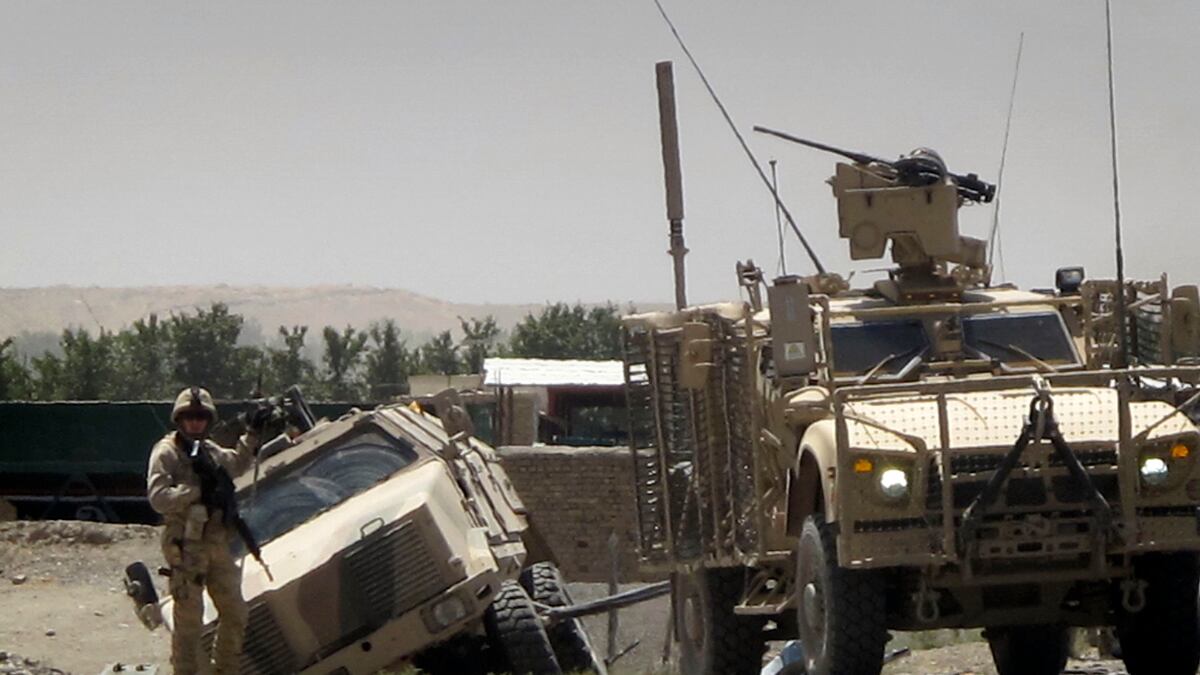Considering President Obama’s speech, announcing the drawdown of 10,000 U.S. troops from Afghanistan by the end of this year and the remainder of the 33,000 surge by the summer of next year, the question arose in my mind: Who is at fault? Who got us into this disaster, anyway? Sadly, the answer is quite close to home. We did—you and me.
In October 2001, according to a Time-CNN poll, 87 percent of Americans thought it was a good idea to keep leveling U.S. military might at Afghanistan, continuing what was then just a weeks-old air campaign. According to the poll, 71 percent thought ground troops were a good next move. It was just after the September 11 attacks, and the American public was in a retaliatory mood. The grainy, green-lit night-vision shots on cable TV of fireballs arcing into Afghan targets seemed to fill a need for revenge.
Ten years later, two reasons remain for fighting: One is to keep the Taliban from reclaiming the country, the other to keep al Qaeda from crossing over from Pakistan and making Afghanistan their home once again.
When the U.S.-led coalition goes, Pakistan, India, and Iran will be glaring at each other to see who jumps into the Afghan power vacuum first. And regional and world powers will be watching from the sidelines. Consequently, the United States needs the credibility of a strong exit, and by sending support troops home first, and combat troops later, we’ll have a good negotiating position to try to safeguard our geopolitical interests, as well as, I hope, the interests of the Afghan people and our American troops.

Whenever I was in Afghanistan, covering the war as an American reporter, Afghan friends would say to me: You Americans are going to leave, and the Taliban will come back. And I would think (but not say) ‘yes.’ I also have Marine friends, who’ve been going to Afghanistan from the beginning of the war, and who kept going long after I stopped. As the President made his announcement about troop withdrawal, I thought about them and their sacrifice, too.
As Obama knows, quick or slow, eventually we’ll have to go. As he put it: “The tide of war is receding.”





